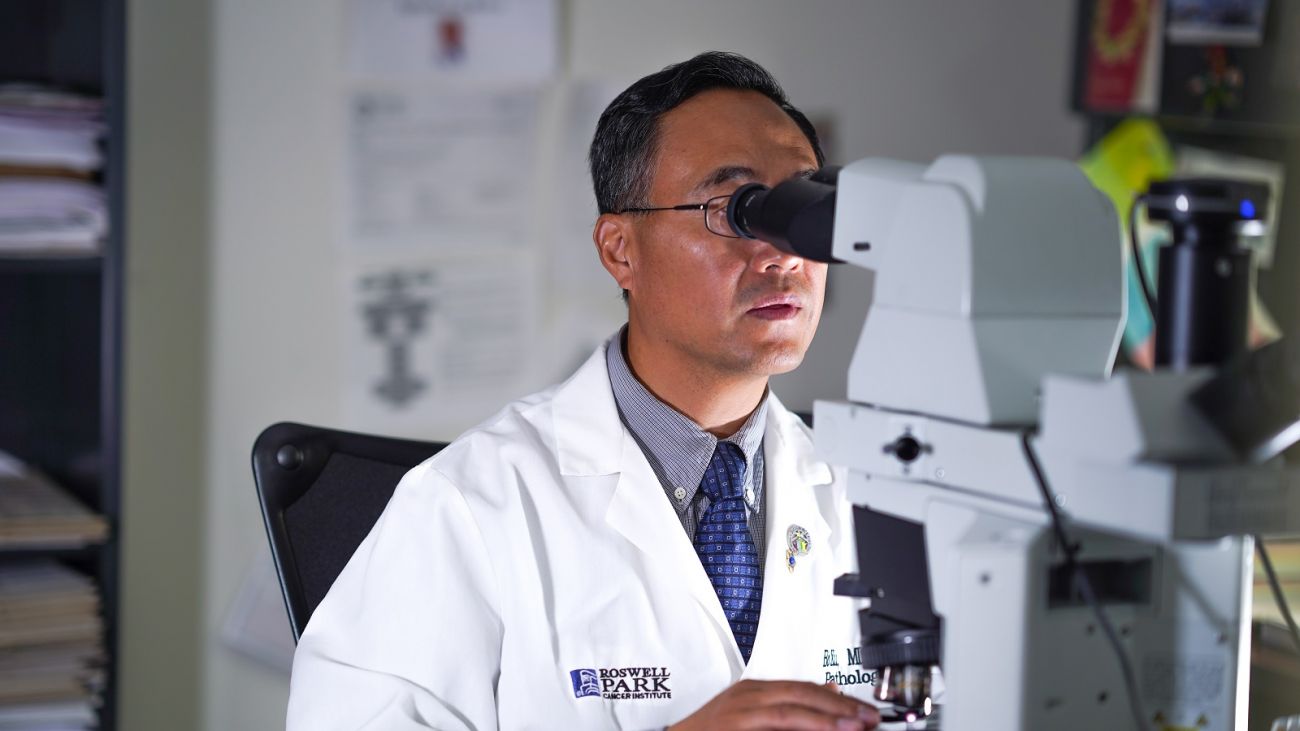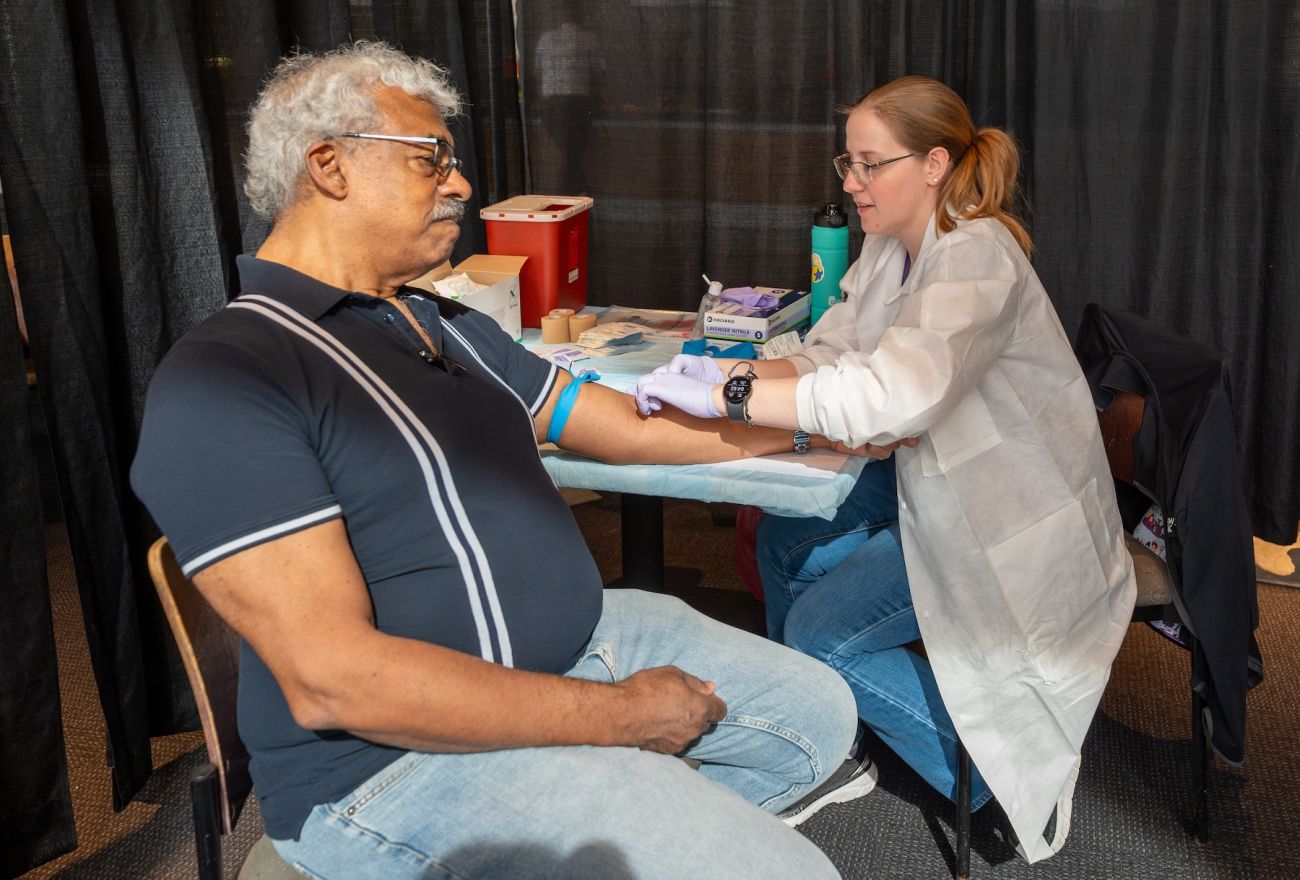Early detection by way of routine digital rectal exams and PSA testing has transformed how prostate cancer is diagnosed and treated over the last decades. But these methods only detect signs of possible prostate cancer, not a diagnosis.
How is prostate cancer diagnosed?
In order to determine whether you truly have cancer cells in your prostate and whether you need treatment requires more investigation which may include one or more of the following:
- Blood tests. These tests examine samples of your blood and urine to look for certain markers such as prostate specific antigen (PSA) to determine whether a biopsy is needed.
- Prostate MRI. Multiparameter prostate MRI on our 3 Tesla machines provide superior quality imaging, in addition to interpretation by experienced and specialized radiologists. In many cases, a negative prostate MRI (in addition to other clinical findings) can help patients avoid the need for a prostate biopsy.
- Imaging tests. Other scans such as prostate specific membrane antigen positron emission tomography (PSMA PET/CT) can provide detailed images of the inside of your body to learn whether cancer may be found in other body areas such as lymph nodes, bones or other organs.
- Biopsy. A biopsy is a procedure that takes a sample of tissue or cells from the prostate to be examined in a laboratory to determine if cancer is present, and other characteristics that help guide treatment decisions. Roswell Park performs fusion or targeted prostate biopsy where we target the specific area of concern by fusing the MRI images with real-time ultrasound images.
- Genetic tests. These tests examine a sample of your blood to analyze your DNA and learn whether your prostate cancer might be caused by a certain gene mutation. The results of genetic testing can help guide decisions about increased surveillance for other related cancer types (breast, ovarian, colorectal, uterine and pancreatic) and well screening recommendations for your family members.
- Molecular tumor tests. These advanced tests analyze cells from your biopsy to look at its molecular components and can help distinguish a low-risk cancer from a high-risk one.
Prostate biopsy — What to expect
Your Roswell Park physician will recommend a biopsy of your prostate only if necessary. The most common prostate biopsy is a core needle biopsy. For this procedure, you will lie on a table with your knees bent, and medication will be applied to numb the area around the rectum and peritoneum. A lubricated ultrasound probe is gently placed in your rectum to produce a video image of your prostate. The urologist uses this image to guide a hollow needle into the prostate to extract a small core sample of prostate tissue. Your doctor will take up to about 12 core samples and these are sent to be examined by a pathologist.
If you had a suspicious prostate MRI, using a special machine, Roswell Park can fuse the MRI image with a real-time ultrasound image, to localize the abnormal area on the ultrasound. We can then target this specific area of concern. Fusion or targeted biopsy improves the detection of clinically significant prostate cancer.
What is the Gleason score?Staging your cancerRisk assessment

